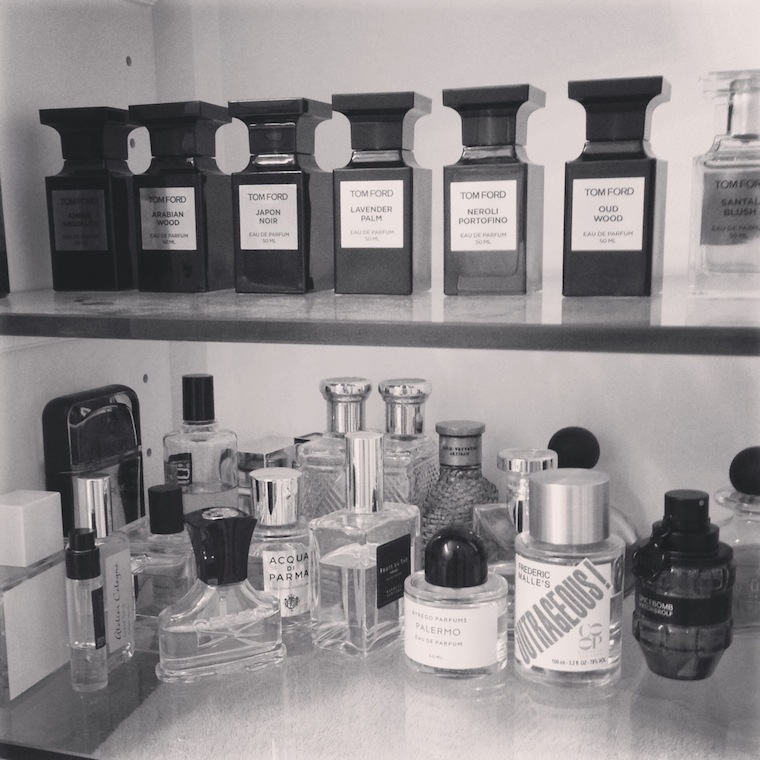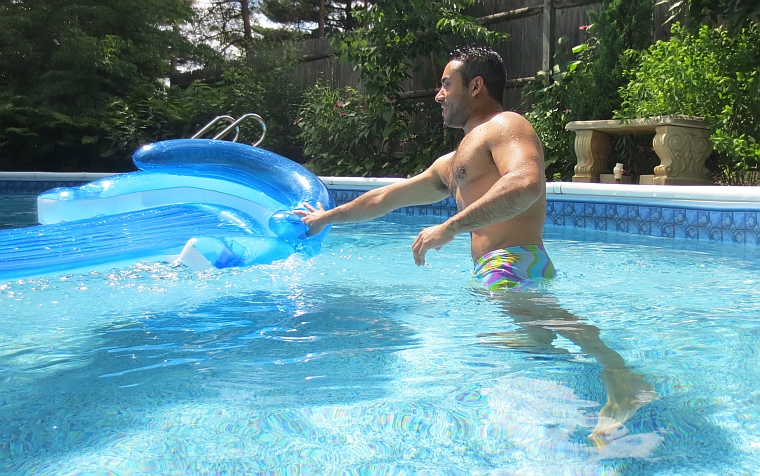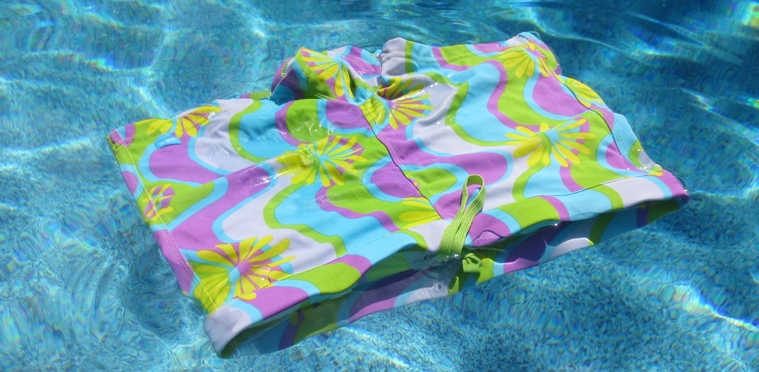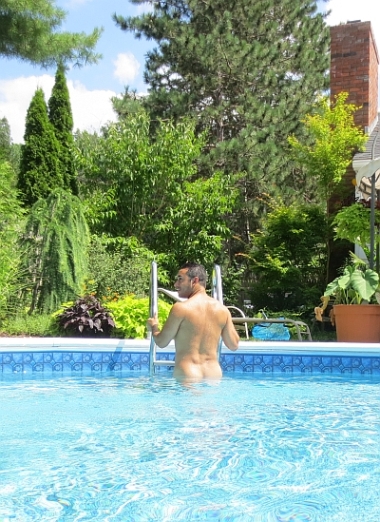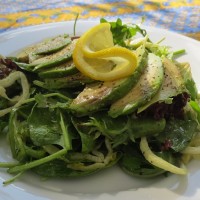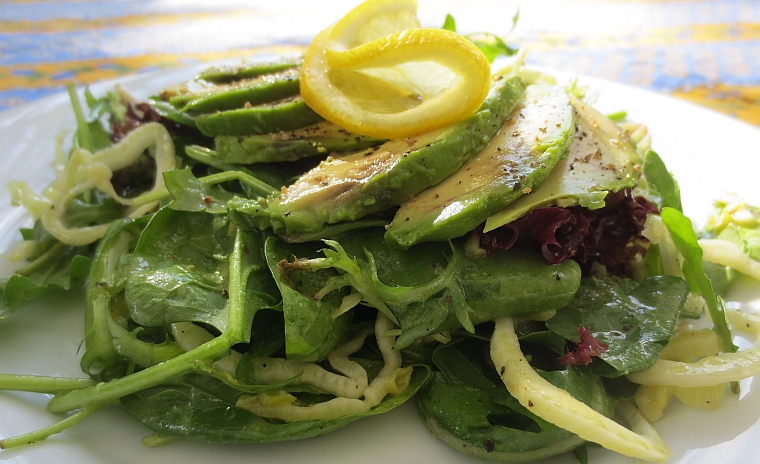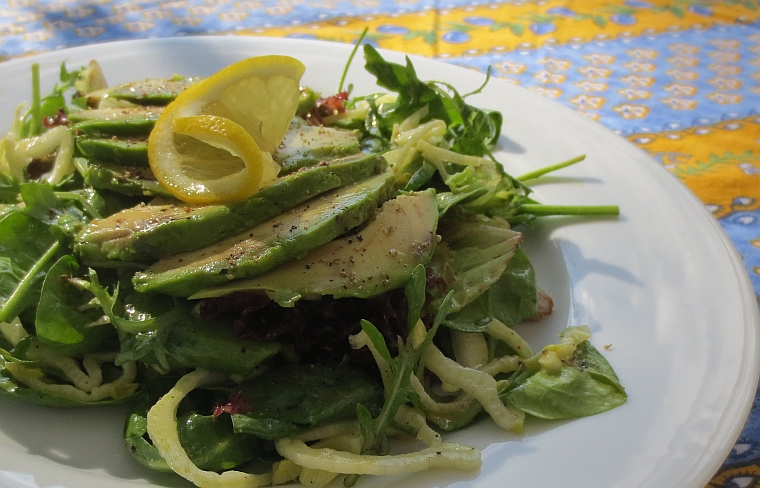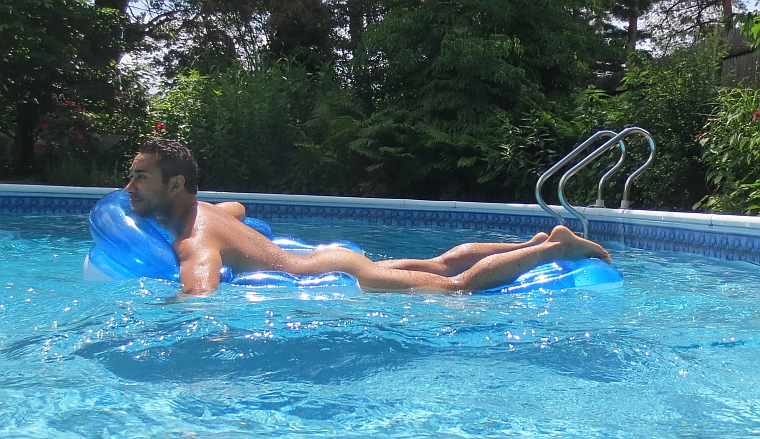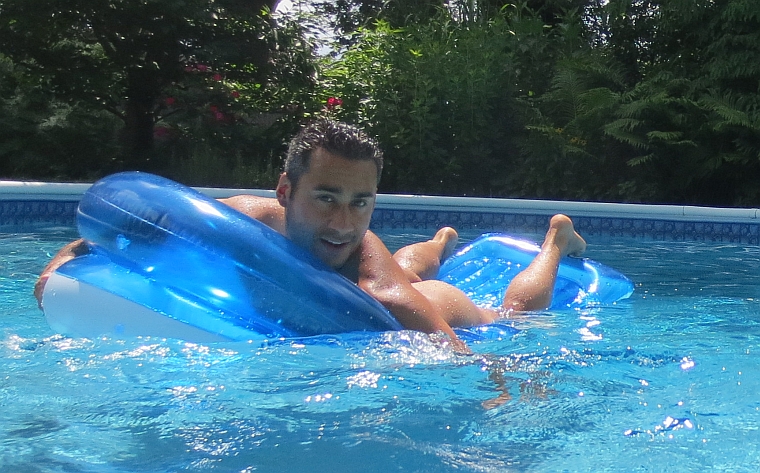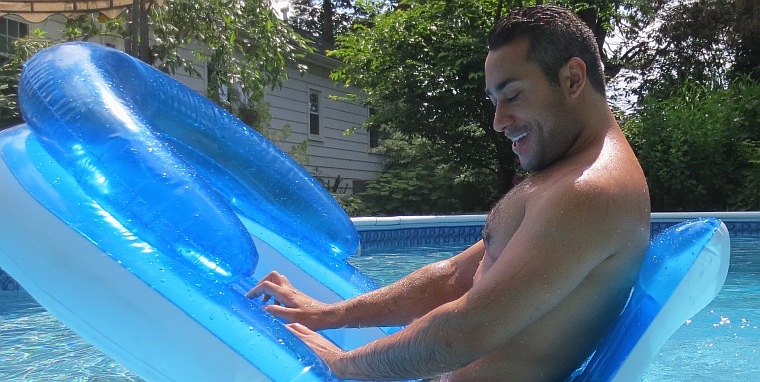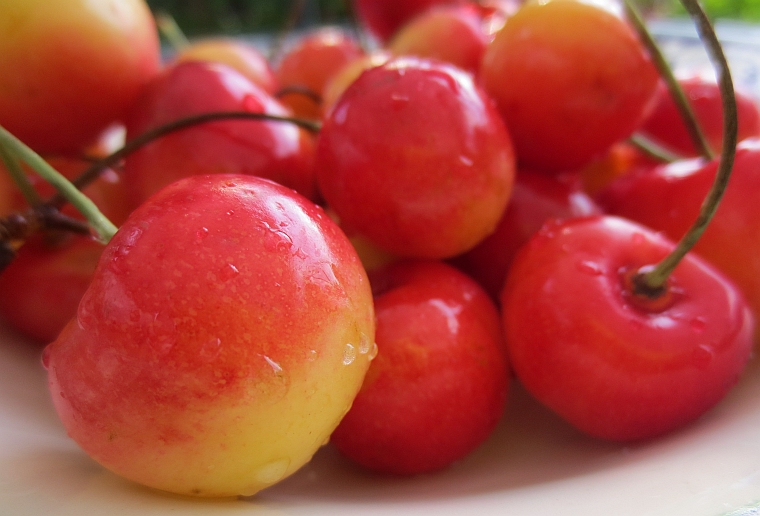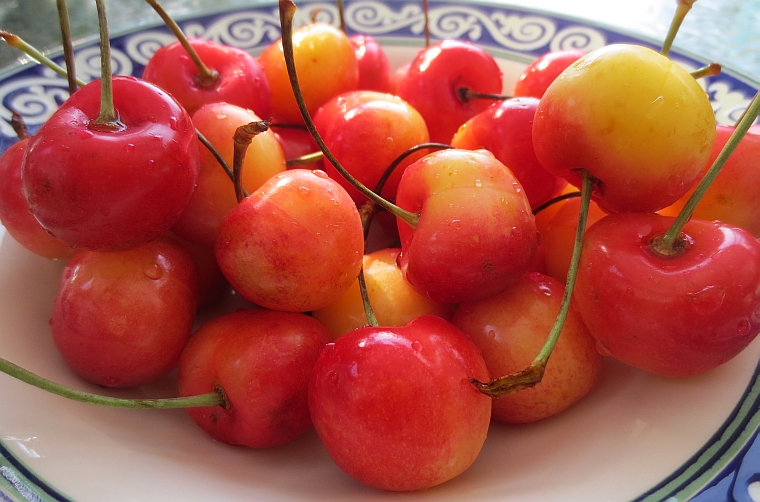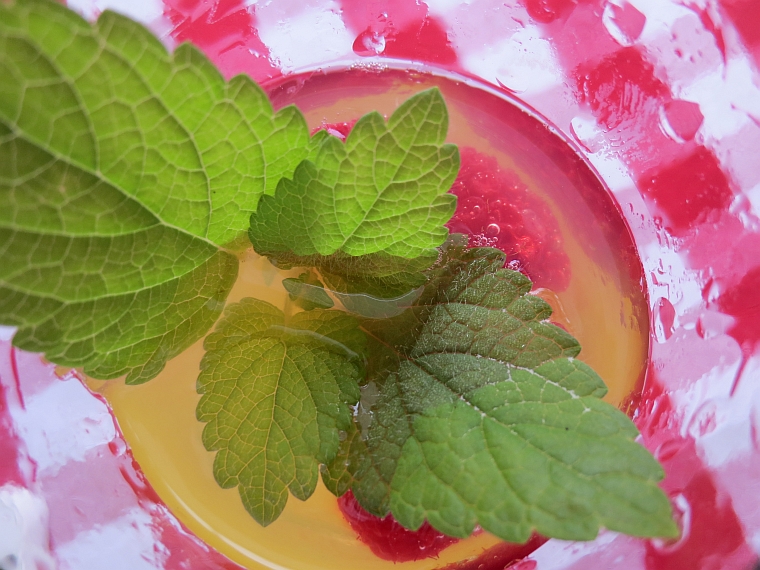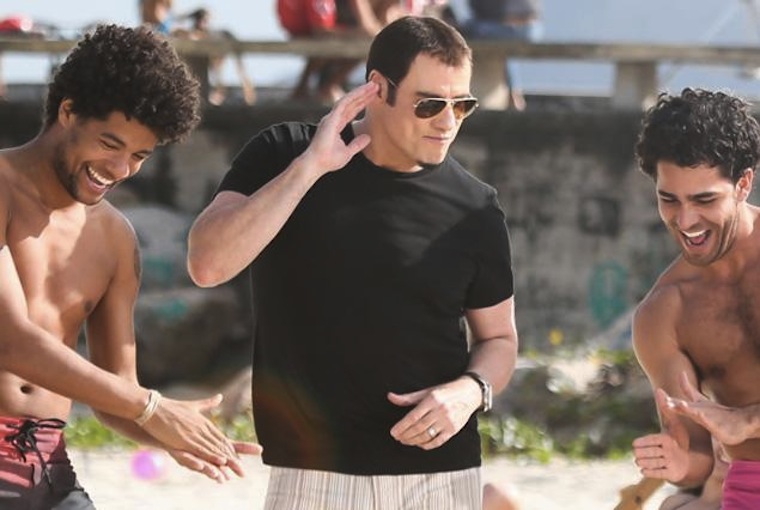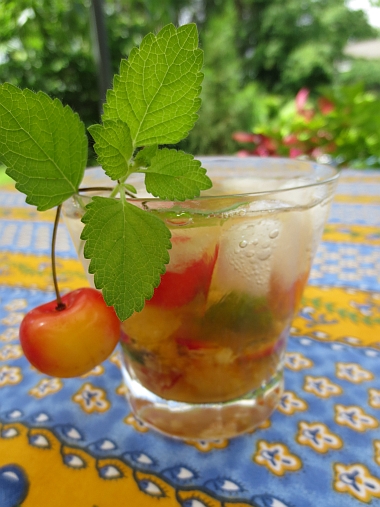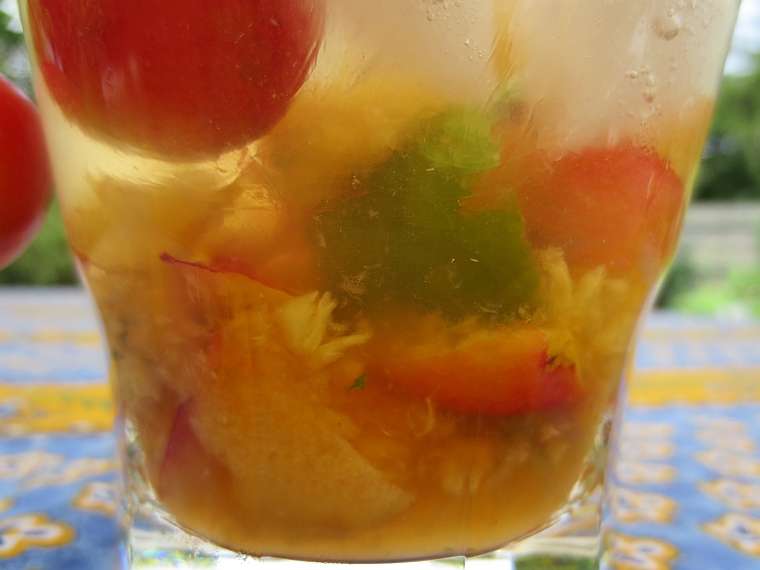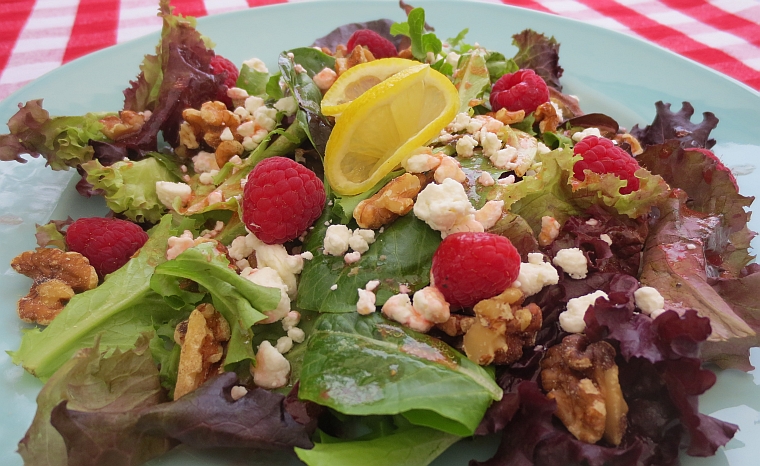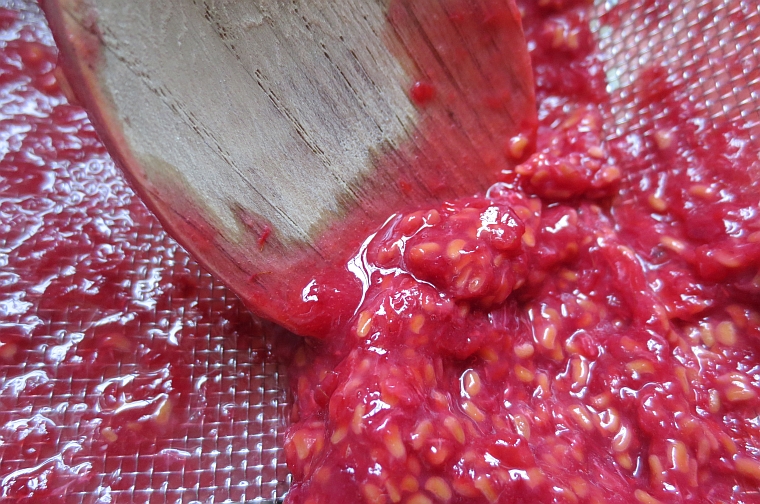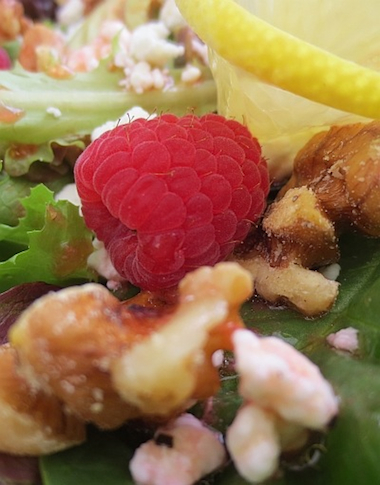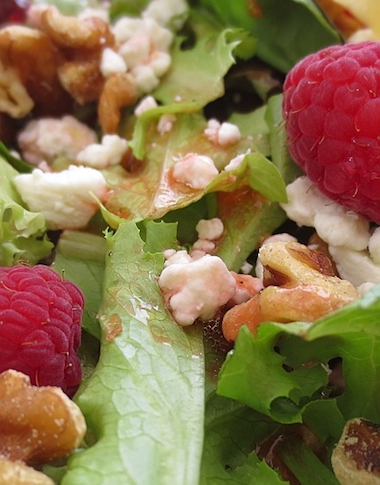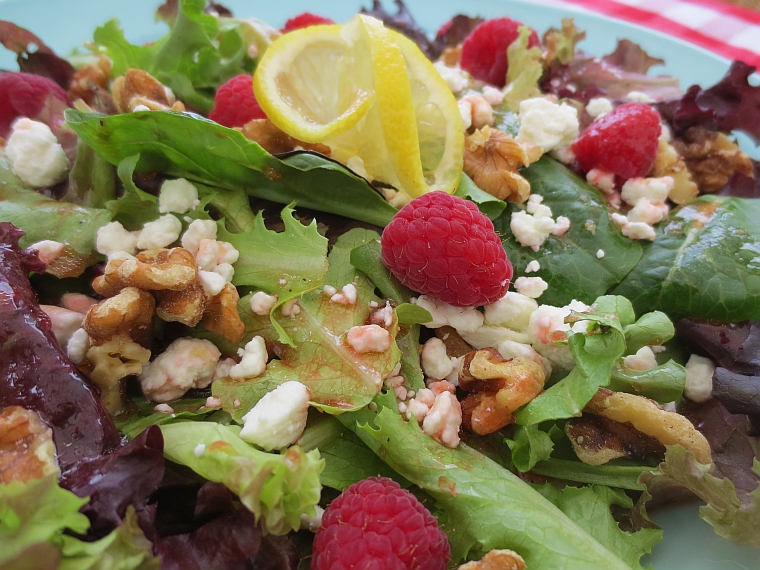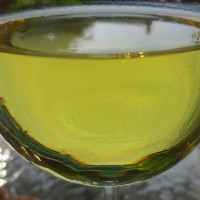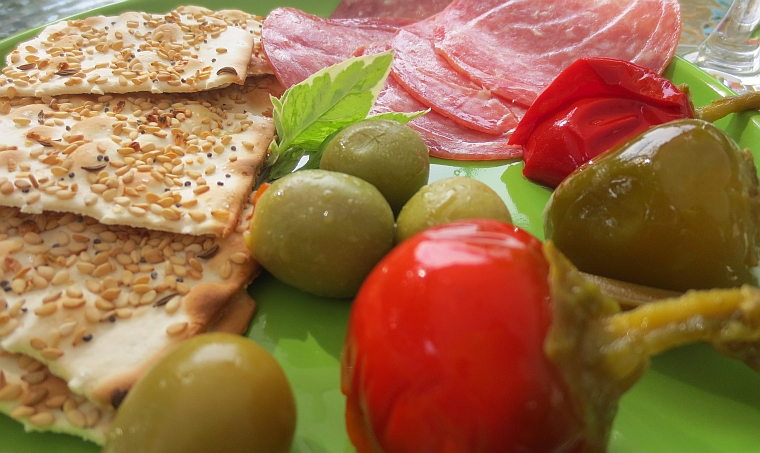The first time Jeremiah Miller spoke to Terry Naughton was on the last day of their sophomore year of high school.
“Hey,” Jeremiah called, separating himself from the pack of boys that headed in the other direction. “Wait up.”
Terry thought he was talking to someone else and kept on walking.
“Hey Terry! Hold up!”
Terry stopped and turned around to see Jeremiah bounding up the hill, backpack swaying in his immediate wake, gaze focused on the grassy ground before him. He was out of breath when he finally reached him.
The field that separated their neighborhood from the high school was high with grass, already sending up a first wave of seed. It came up to the bottom of Terry’s shorts. Jeremiah was much taller, had at least half a foot on him. Even from a distance, they made an unlikely pair.
Jeremiah had a mane of feathered hair, parted haphazardly down the middle in what was then the style. Terry’s was slightly shorter, slightly curlier, more difficult to manage. Jeremiah carried himself more confidently, more casually; Terry was more measured, more exact. Jeremiah had an impish, crooked smile that broke out at every opportunity, and just as many inopportune moments. Terry hardly ever smiled. Even when he laughed he didn’t usually smile.
Jeremiah wore jeans, and short-sleeved striped shirts, button-ups with collars. Terry was more careful about his appearance, or so he thought. He wouldn’t come to school with sneakers caked in mud, even if he had taken a short-cut through the field. He wouldn’t wipe the mustard in the corner of his mouth off on the palm of his hand then transfer it to the knee of his jeans.
He knew Jeremiah did all these things, because he liked to watch him. Ever since the new kid moved into the neighborhood two years ago, Terry had studied his neighbor. They never spoke, but they saw each other. Jeremiah would always nod and give out one of his smiles. Terry acted uninterested. Polite but distant.
For a new kid in a rather small school, Jeremiah had assimilated quickly into the popular crowd. His height gave him an almost-regal bearing, but no one would begrudge him a little glory, especially since hubris wasn’t part of the way he carried himself. Even the teachers seemed instantly smitten. Terry noticed this with a tinge of jealousy, but mostly awe. He could learn from him. This was the first step in assessing the value of another human being.
Despite the proximity of their homes, the two boys had never hung out together. Terry preferred to stay inside, watching the tail end of the soap operas, while Jeremiah usually practiced basketball with the other kids. From most appearances, the two boys were as different as could be.
Now, on this last day of school, when the summer sprawled out before them and they had nothing to do but be giddy together, Jeremiah walked beside Terry, and Terry felt the first discomfiture over how much he knew about this boy, and how little he seemed to matter to him. The only thing that relaxed his countenance, and then only briefly, was the belief that his watchful gaze had gone unnoticed. Jeremiah did not let that delusion linger.
“So, you like to stare a lot,” he said, slowing his pace a little. Terry quickened his. It wasn’t accusatory, it wasn’t teasing ~ it was, at least in tone, almost a plea. He smiled an unforced smile and continued, “I saw you staring sometimes and I always wondered what you were thinking about.”
Terry felt his voice waver when he answered. “What do you mean? What was I staring at?” Yet as ashamed and embarrassed as he felt, he also realized for the first time that Jeremiah had noticed him after all, and the smiles he assumed were his default for those who didn’t matter may have been meant for him.
“I thought it was just me,” Jeremiah explained, “But then I noticed you liked to study everything around you. Sorry, I didn’t mean anything bad by it, just thought it was cool to be so…” he paused, before finishing the thought, “observant.”
The enormity of a simple statement by someone we like a lot cannot be underestimated, especially when it borders on a compliment. Terry looked up at Jeremiah, losing his carefully-choreographed cadence and, not noticing the rock hidden among the tall grass, dashed his shin against its unyielding surface and went roughly down.
In his haste to appear all right, he scrambled to his feet too quickly and promptly fell again. He expected Jeremiah to laugh at him, but instead he rushed to his side, grabbing his arm and helping him up.
“Hey, you’re all right,” he intoned, and it wasn’t just the way he said it that moved Terry, it was the look that he gave him. Jeremiah looked him straight in the eye, and it was more of a declaration than anything else, a defiant statement that willed Terry up again, restoring what had been on the verge of being lost. This was a look of concern, an expression of care. If he didn’t love Jeremiah before that (and he probably did), he couldn’t deny it now. Someone had looked at him. Moreover, someone had seen him. Terry – for the first time – felt as if he finally existed. They stayed there, a second longer than most would have done. It was a second that solidified something, a second that marked the covenant of that summer.
“What the hell is a rock doing there anyway?” Jeremiah laughed. They walked though the rest of the field, and when they reached Terry’s house, Jeremiah simply said, “I’ll see you around!” and kept walking the few blocks to his home. He didn’t believe him, but the next day Jeremiah stopped by, rang the doorbell, and invited himself in.
Terry was in boxer shorts and an oversize t-shirt, his hair still rumpled from the night before, sleep crinkling the corners of his eyes. Jeremiah plopped down on the sofa as if he’d done it all his life, as if he were Terry’s brother. Unaccustomed to such familiarity, Terry hung back in the doorway. The clock which hung in the hall chimed nine times, then the house went silent.
“Well, get your clothes on, let’s go somewhere!” Jeremiah boomed.
That was how it went: a suggestion, a command, a simple declarative statement from Jeremiah, and Terry’s agreeable and grateful acquiescence. Friendships – even great life-long friendships – have been founded on more tenuous arrangements. But not once did Jeremiah feel he had the upper hand, and if he appeared the stronger, more-decisive one between them, he knew it was only a bluff. Terry didn’t dare suspect as much, but he never felt completely inferior either. There was competition between friends, he realized, only it wasn’t the kind that he’d had with other boys and girls. The end result wasn’t to get the better of the other. Their only goal was to be better for each other. It thrilled him, their burgeoning friendship, and he became instantly protective of it.
For those first days, when everything was new between them, it might have made sense to explore things more, to ask basic questions, to give a perfunctory run-down of all that came before. They didn’t do that. Jeremiah showed up or didn’t show up, they hung out or they didn’t, and no one had any expectations or disappointments in the beginning. It’s quite easy to maintain a friendship when no claims are made, when the rest of the world doesn’t encroach.
On some days they went fishing in the creek behind Jeremiah’s house. They never caught anything, other than a few crayfish by hand, but Terry understood that the fish weren’t the point. It was enough to simply be there, away from people, out of the walls of their houses, far from the incessant drone and flickering light of the television. And more, to be with each other.
At first Terry doubted it, constantly waiting for the time when Jeremiah found him out, realized he was nothing special, nothing exciting, and stopped coming by. But that didn’t happen, and the summer bonded them with its heat and light, and days spent without parental interference.
Gradually, as the season ripened into all its lush glory, Terry let his guard down. Far from being repelled or shrinking away from each quirk or uncanny trait, Jeremiah seemed to embrace them, finding merit in Terry’s obsession with daytime television, or the way he chose his outfits in advance of each day. The hesitancy he sensed in others when he started to reveal himself was not in evidence with Jeremiah. It was a new kind of friendship, and a fast one. That didn’t always translate to one that lasted, so he allowed himself an emotional safeguard: believing that this was a fleeting thing. Secretly, if he admitted it in the deep hidden darkness of a murky summer night, he wished for it to go on forever. Then, in the morning, if Jeremiah was late to arrive, the agitation Terry felt signaled that things were already out of his control, and no mental tricks would save him from anguish the day that he stopped coming. For now, he did his best to savor the days as they arrived, each one granting the possibility of eternal happiness or instant destruction.
Jeremiah would come over and Terry would tell him excitedly about the latest on ‘All My Children’. At first Jeremiah made the motions of listening, amused and somewhat exacerbated by the importance Terry placed on these fictional characters, and the way he got lost in the stories like they were happening to him, like he actually knew these people. And then, before Jeremiah could help it, he got into it, even positing possible future plot twists in a bid for who knew best where things were headed in Pine Valley.
While Terry was introducing Jeremiah to the wonder of Susan Lucci, Jeremiah was bringing Terry out into another pine valley – the one in their backyards. Having come from somewhere “out West” (Terry never did manage to get anything more out of him than that), Jeremiah missed being outdoors in the winters of New England, so the summer found him, with the current soap intermission the day’s only exception, outside until the fall arrived. Even on rainy days Terry would see Jeremiah walking or running in a hooded sweatshirt. He allowed himself the indulgence that Jeremiah wasn’t just interested in being outside, but being near him. It was incredulous, but stranger and wilder things were imagined by boys far more dangerous.
Aside from their mostly-fruitless forays into fishing, Jeremiah coaxed Terry out of the air conditioning and into the shaded groves of the trees behind their homes. They walked – usually in the first cool flush of morning, dew still on the grass that led to the edge of the forest – ducking into the moss-lined paths that ran eventually to a deep ravine. They only went so far once, as if each knew that this was something special, not daring to try to recapture such a moment for fear or ruining the magic of that first time. They knew something momentous was afoot when they reached that impasse, coming as it did near the very end of that summer.
Looking down into the opening, they were struck with the sudden gaping bit of light that poured into the monotonous stretch of pines and maples. The steep metamorphic outcropping lifted them over this little valley. Pebbles dribbled over the edge, lost in a free fall and barely echoing upon impact. Jeremiah sat on the very end of the rock, dangling his legs precariously, daring the pull of gravity and defying the sheepish protestations of Terry. There they waited, for what, neither of them could comprehend.
The pines whistled softly here. The air moved queasily up and down. This was a place where rain and snow would float in mid-air before settling somewhere else, a spot rife with strange phenomena – the province of the unexplained, the untold, the unwitnessed. Ferns gently waved their fronds in the breeze, dappled sunlight flickered on the forest floor, and far below the murmuring sound of water as it passed beneath them.
It would be the only time in his life when Terry shared the sublime with another person. He’d only brushed such a sacred spot two or three times altogether, but always alone, and it was less fulfilling that way. They stayed there for a while, the sun slowly crawling across the sky, the water the sole noise in the background – distant, buffering, like a set of chimes that eventually becomes part of the aural landscape, no longer foreign or imposed.
They sat side by side, their knees idly touching off and on, the hair of Jeremiah’s leg thicker but softer than Terry’s. Each brush was a frisson in his heart. He stood first.
“No, not yet,” Jeremiah said quietly. Terry sat back down. If he was never loved in his lifetime (and he would be), he would not have missed it because of this moment. He smiled, and a thin film of salty water made the forest go hazy before he blinked it away.
It was strange the way they could be quiet together, as they were for most of the walk back that day. Strange in that it felt so comfortable. Jeremiah usually worked to fill the silence, with his exuberance, his earnest charm, his willingness to laugh. He didn’t do that with Terry. The breaking of branches and the rustle of dead leaves were the only accents of sound, broken by a few scant bird calls. When they reached the edge of the manicured lawn, Terry was the one who said, “See you around.”
That night, a storm moved in from the North. The thunder woke both boys. Each looked out their windows at the same unsettled sky and the pounding sheets of torrential rain. Each thought of the sun-filled ravine. Each wondered about the other.
In the morning, the storm continued. The phone call came between thunder-claps. Terry was sitting by the window, enthralled by the might of the summer storm in spite of all his consternation. The rain had not let up, upsetting him more than usual, as he figured Jeremiah wouldn’t be over. Yet the phone was the reassurance that he would come. Not only that, but that he needed to see him, even in the rain.
Jeremiah was not one to use words like ‘need’. His way of operating was according to whims and wishes, wants and desires, ease and comfort. To hear him say that he needed to talk to Terry was something new. To need something lent an uneasy dependence that rubbed against everything Jeremiah so valiantly wanted to be. It thrilled Terry, and he stood by the side of the window, furtively watching for the familiar gait to round the corner.
Jeremiah did not rush in the rain as he usually did. He walked with his head down, taking slow deliberate steps. He stood in the doorway, soaked and surprisingly out of breath. For the first time, he didn’t seem tall, didn’t tower over everything. He looked defeated, but defiant, with flashes of anger and flecks of the despondent. His hair was matted and wet, his hands dripping with water.
“What happened?” Terry asked.
He said nothing. It was what he did when asked about family or where he had come from or anything that might give some clue as to who he was before that summer. Terry directed him upstairs to his room, “First door on the right, and I’ll find a towel and one of my Dad’s t-shirts.” Jeremiah trudged up the stairs, arms folded in cold or fatigue.
Terry called up to him and said he’d be right there, as he searched for a towel in the laundry pile that waited to be folded. Carrying a blue one in his hand, he took the stairs two at a time, rushing into the room and blurting out a quick, “Do you want to talk…” before what he saw cut him off. Jeremiah was shirtless, sitting on the floor, in the midst of Terry’s childhood bedroom.
He hadn’t had time to clean. Clothes, the outfits he had tried on the night before, were strewn about the floor. And then the yearbook, the one that couldn’t quite bring himself to ask Jeremiah to sign. The one that now had all the pages of Jeremiah marked by scraps of paper, and the damning silly drawings entwining their names, surrounded by ridiculous hearts, wrapped in inky tendrils, and a multitude of love letters half-started, some crumpled roughly, some folded, some torn, some soft with the hours of consternation and concentration. Terry had taken it out from under the bed when his parents left that morning. In just a few days he had created a silly teenage shrine to a boy who had no idea how he felt. Even in his wildest wishes, he hadn’t dared to think of anything coming of it. He knew better, and yet the heart was not to be quelled.
Jeremiah looked at Terry, eyes wild with terror, and stood up quickly, the book falling onto its spine on the thick carpet, landing with a muffled thud. Scraps of bookmarks fell out like fluttering surrender flags. The cache of letters jutted out, jagged corners and odd angles lending the book a vicious predatory aspect. Terry let the towel drop to the floor, a mixture of panic, relief, and resignation. The thunder rumbled in the distance. The storm was finally moving away. Jeremiah charged deliberately at Terry.
When Terry would tell future lovers about this, and he would only tell a select few, he always left out how he felt when he first saw Jeremiah coming toward him. He usually painted it in a romantic light or, if he was feeling guilty, downplayed it into an inevitable moment of destiny. When really what he had felt then, when he watched Jeremiah approaching, was a sickening sense of dread: he thought he was going to hit him. The wildness in his eyes, the heaviness of his breath, the intent in his stride – all would form the inexorable binding of desire with danger, pleasure with impending hurt, exhilaration with annihilation. Within that instant was the cataclysmic prophecy of all that would follow, all that he would strive for and against in the remainder of his life.
Jeremiah did end up hitting him, but not in that way. His upper body ended up colliding with Terry’s as he grabbed his head and kissed him roughly on the mouth. Terry was pushed back against the door-frame, stunned but somehow managing to kiss him back. Their hands fumbled, Terry’s sliding wildly over Jeremiah’s cool, damp skin. Jeremiah groped handfuls of loose clothing, the sleep-mussed hair on Terry’s head, and finally the small of his back, beneath the baggy t-shirt. When at last he pulled away, he looked at Terry, let his head drop a little, then grabbed his shirt and ran downstairs. The front door slammed.
There were only three more days before school started again.
Jeremiah did not stop by on any of them. Terry was simultaneously ecstatic and despondent. He wanted to go over to Jeremiah’s house, went so far as to start up the street at least three times, but never did. The weather was idyllic, filled with sun and a cool breeze, and the kind of blue sky that only September affords. Terry did not go out much beyond those aborted attempts, choosing to stay inside, checking the phone for a dial tone, pretending not to watch out the window, pretending he was not waiting. His heart leapt at the sound of the mailman, his senses attuned to the occasional car that rattled up the street, and then the inevitable let-down, the slow return to silence, to solitude.
On the last day before school, Terry awoke to the birds calling, and the light flooding into his room. It looked to be glorious out, as sunny as the first day of summer break had been, even if the sun was a little lower in the sky, and the fields were more brown than green. He stayed in bed, no longer thinking that Jeremiah was sick or dead, instead slipping into denial, into the most far-fetched fantasies – where he would laugh demonic laughter in the place of hours spent sobbing.
Terry grasped at what might be salvaged, wondering wildly if he would be inaugurated into the popular crowd, or at least into the periphery of Jeremiah’s life. They had never spoken of what school would be like. It was an unsaid rule of theirs. When things veered toward talk of the future, one or both quickly changed the subject, as if afraid to break the spell, afraid to allow the reality of the world to encroach on that summer. Now, Terry found himself wishing he’d asked those questions. Even if he were told no, that he would not be part of Jeremiah’s life at school, at least he would know. He might be able to hate him then. Instead, there was nothing.
The morning of that first day of school was overcast. A cloak of fog surrounded Terry as he walked, head-down, into the warmly-lit doors of his junior year. He didn’t wait long for his first encounter with Jeremiah. It was in the hallway after third period. The boys passed each other by the long row of windows that lined the center courtyard. Jeremiah nodded, then quickly passed by. That would be all that passed between them, that day, and all the days that followed.
At lunch, he never returned Terry’s furtive stares. The smiles he’d elicited all last year – and all of the summer – had vanished in the sea of faces around them. The consternation he felt was dismissed as the back-to-school blues by the small group of friends he had. They tried to pry it out of him, but it only made him resent them. He looked around at his classmates with disdain and disgust. He tried to summon the same antipathy for Jeremiah, but every time he tried to get angry at him he felt his heart ache, and instead of wanting to hurt him, he wanted to cry. By the end of that first day, he knew where he stood.
Still, when the last bell rang, he waited for Jeremiah at the edge of the field. He kept his back to the school, hoping to hear that familiar, “Hey, wait up” that had haunted him every night since the last day of school. He did not turn around. The wind rolled over the field, the grass still high, but dry now, less supple. The sky grew gray. It would rain soon. He took a few steps forward, then waited again. A few more steps, and another pause. He struggled to remember the path they took just a few months ago. He walked in the same direction, and did not stop until he found the rock that he had tripped on. The soil around it had been disturbed, and the grass was trampled. The rock had been moved and replaced, and now rested slightly higher than the surrounding ground, as if in memoriam for something or someone. Terry slid his backpack off his shoulder and crouched beside the rock. Closing his eyes, he remembered Jeremiah’s hand reaching down to him. Only then did he turn around and see the emptiness of the field. He was not coming.
The wind swirled around him. The air turned cooler. He put his hands on the rock. The warmth of the summer was gone. He felt the smooth surface, then saw the corner of a plastic bag, the kind that held the sandwiches that Jeremiah brought for lunch. Terry shifted the rock and pulled the bag out, and then the folded letter.
“Dear T – I’ve never written a letter to anyone before. Most guys just don’t do that sort of thing. I’m only doing it now because I’m pretty sure you’ll never see it, but if by some chance you do, I want to let you know that I’m sorry for what I have to do.
You used to say you wanted to know how to be popular, how to be strong, how to be more like me. Well it turns out you were more like me than I was, more comfortable with who you were than I’ll ever be. Don’t let anyone change that about you. No matter what they say, and no matter what I may say, never change that. You’re a cool guy. You’re going to do something important. This letter may be the most important thing I ever do, and this summer may be the most important summer I’ll ever have, and I’m glad I got to spend it with you. Only you will know what that means. You’re a good guy. A better man than I could be. I want to thank you for that. If we hadn’t met, I think I would still be looking for you. And maybe this is a trick of the summer, something that’s just meant to leave us longing for more. But I will always come back to this, I will always keep this close to me, no matter who else comes along, no matter how profound the rest of my life might be.
You probably won’t ever find this letter. I don’t know if I want you to. But someone, sometime should know. The world should know, that once there was love here.”
For the next two years of high school, Jeremiah never said more than a few words to Terry. When the last day of high school was done, Terry didn’t wait for anyone when he walked home, and he didn’t bother to look back. They never saw or spoke to one another again, and they never would. Terry thought it odd that he couldn’t remember the last words they said, the last exchange they shared. It would have been some innocuous thing in the hallway, a quick “Hey” while passing between classes, no more.
A couple of decades later, long after college and a year abroad, after jobs and boyfriends and a rather rich life, Terry finally joined FaceBook on the insistence of friends. Jeremiah was the first person he looked up. Not because he didn’t know anything about him. From family he had heard that Jeremiah had gone to school out West, from whence he came, and was married and had two kids. That didn’t surprise him. The photos he could see didn’t surprise him much either. There was Jeremiah, smiling in each one, laughing with his mouth open, giddy with the simple joys of life, among family, among friends, among strangers, and always somehow at ease, at home. That feeling of being comfortable in his own skin, no matter what, had proved elusive for Terry, and as much as he had tried to be like Jeremiah, most especially in that way, he never quite managed to match it. At his best, though, he appeared to have it down.
Terry seemed just as popular, just as happy, and his FaceBook photos showed much the same as far as smiles and laughter and an adoring group of friends and family. Taken side-by-side, it would have been a challenge to anyone who didn’t know them, and to most who did, as to who had turned out the happier.
He scrolled through the photographs, pausing and inspecting every bit of Jeremiah before moving on to the next. Towards the bottom of the albums, those repositories of memories with names like ‘Winter Break Cancun’, ‘Disney Cruise’, ‘Randall’s First Day of School’ or ‘Anniversary Surprise in Europe’, Terry found one labeled simply ‘Summer 1977’, and in it was a single photograph. It looked like an actual instamatic camera shot that had been scanned in digitally, holding onto its queasy 70’s tint of warm ambers and muted magentas on the edges.
It showed a field. Terry recognized it instantly as the field that led from school to their childhood neighborhood.
At the bottom of the photo were four letters, written in Jeremiah’s unmistakable scrawl and almost faded beyond the point of recognition. To anyone else, it would have likely gone unnoticed. Terry saw it only after he wiped away the first tears: ‘For T.’
The terrifying question remained: what if being loved isn’t enough?
_ _ _ _ _ _ _ _ _ _ _ _ _ _ _ _ _ _ _ _ _ _ _ _ _ _ _ _ _
{See also 1:13, 2:13, 3:13, 4:13, 5:13, & 6:13.}


